No mere chicken feed: Pen-Pen enjoys butternut squash from the garden.Credit: Brandon Brown
The day I got the news about my promotion to full professorship, it was a few hours after daybreak and I’d been outside on my hobby farm, tending to the orange grove and the chickens, and removing weeds. It was a productive day already, and I found the peaches were finally ripe for the harvest. I wondered which news I should share first with my family, friends and those who’d supported me over the decades to get to this point in my life.
Today, I have my trees and plants well maintained, and my animals are healthy and stable. I became a farmer in late 2020. It was well into the COVID-19 pandemic, and, as an epidemiologist with training in infectious diseases, I knew things wouldn’t end quickly — despite the many tools we had on hand to prevent transmission. As a result, I wanted more outside space to grow my own food and be able to physically distance myself. My family and I sold our home and purchased a smaller house with significantly more land, including hundreds of fruit trees and plants — along with a flock of chickens and a group of farm cats.
Rows of orange trees in full bloom on the farm.Credit: Brandon Brown
We realized later the tremendous effort required to maintain the grounds and keep the plant and animal life healthy. Initially, I worried about how this would affect my academic work, travel and productivity. In the first few months, the volume of work needed to maintain the farm felt insurmountable. Yet much like learning to write a manuscript, prepare a grant application or teach a course for the first time, things got easier — and although mistakes were made, I adapted.
But adaptation meant establishing new boundaries in a remote-working environment in which academics are expected to be always available. Just as I once did, many of my colleagues still have back-to-back video meetings from 8 a.m. to 6 p.m., which means that the actual work discussed has to be done in the evening and at weekends.
Digging for inspiration
I thought at first that every hour spent on the land supporting outside life meant one less hour for meetings and academic productivity. But I found that the time I spent working outside with a shovel allowed for deep thought, and inspired the creativity that I needed to innovate and problem-solve for research. It also helped me to come up with ideas for supporting under-represented students and dealing with my other work at the University of California (UC), Riverside. The hour outside contributed in many ways to my productivity, and it allowed me to consider my own priorities rather than those of others.
Shifting my expectations of myself, and those that others have of me, has helped. But being able to shift those expectations has been possible only because of my privilege. I’m a white Latino, cisgender and non-disabled, with a supportive family around me. And, crucially, I now have tenure, which is like winning the lottery in academia, and it allows me more control over how I use my time. I’m lucky to be in this position.
Why four scientists spent a year saying no
This is not to say that I’ve stepped away from academia. I definitely spend hours each day in meetings, teaching and mentoring individual students and junior faculty members. The difference is that, now, I protect my time and calendar by asking myself whether my attendance is absolutely necessary — and, if not, I have the privilege to be able to decline. I also schedule more meetings in the afternoon, so I have the early parts of the morning to work outside and do my farm duties; this provides me with more of a balanced life.
Beyond firefighting
I’ve learnt, slowly, that my academic career and scholarly activities — including applying for grants and awards, and preparing publications — need not define me, as it does for so many in my field, and that my experience as a farmer is part of who I am. Paying attention to, and nurturing, my life outside academia is not much different from nourishing the enthusiasm of my stellar students, whose aim is to make a difference by achieving their scientific goals. Plus, the free time for thinking, outside meetings, enables me to map out my future in academia and research. This is crucial, particularly given the way in which we often tend to function in emergency mode, putting out fires and meeting deadlines, rather than thinking of where we want to be in ten years from now.
Collection: Work–life balance
The one thing I am most dedicated to at my university is helping students in the CAMP programme (California Alliance for Minority Participation) to succeed in their academic experience at UC Riverside. I am a product of the programme myself, through UC Irvine, and am now in charge of it at UC Riverside. I have some perspective on how to help students who are going through what I went through in 1999 and the early 2000s. Many of those students, like me, are the first in their family to go to university, and many of them have parents whose dream was for them to do better than they themselves did, and to do great things.
Agent of change
My training and experience in diversity, equity and inclusion work has helped me, as well. As part of my responsibilities, I learnt the rules and regulations governing faculty conduct, understood the barriers to firing those who treat their colleagues as less than human, and saw the way in which faculty members and staff from under-represented groups are asked to be on every committee to ‘show’ diversity. Although I want to be useful, and to help everyone with the inside knowledge that I’ve gained, I know that I cannot change whole systems. But I do help people one to one, sharing with them the inner workings and secrets of the academic establishment and explaining how to get justice, even from the system I represent in my position. Most importantly, I help them to be seen, respected and appreciated.
Ultimately, I’ve learnt that stepping away from your laboratory is helpful. You don’t need a farm to do that, and I never imagined that I would be a farmer, but you could do something that brings you a sense of calm and frees your mind for an experience like mine.
The act of stepping away could involve going for a walk, playing video games, cooking, listening to music, working out, watching the sunrise — or even writing your own personal story, so that others can benefit from your experience. But stepping away from the lab takes work, and perhaps means saying no to requests for meetings, so that you can focus on your own mental and physical health.






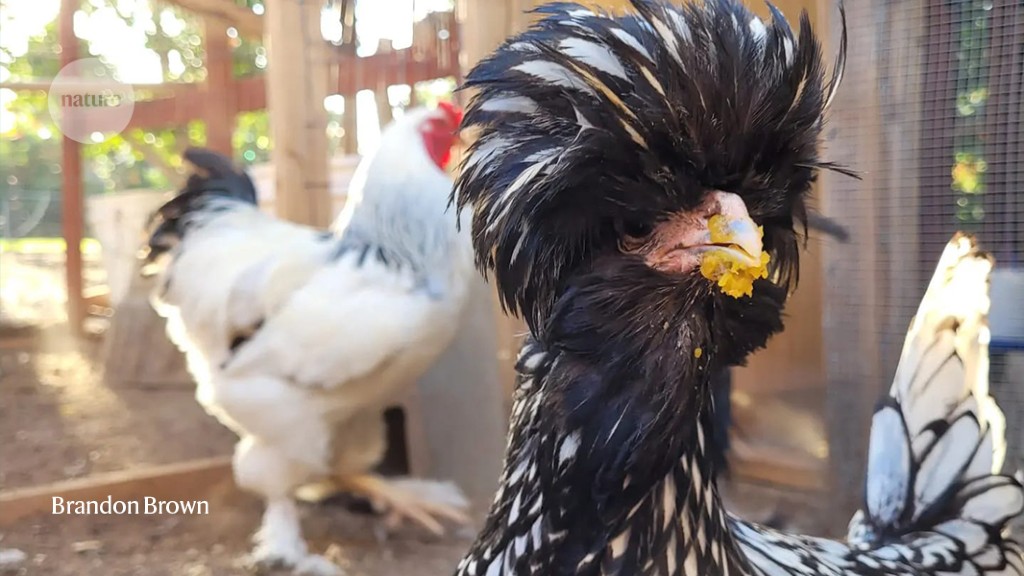
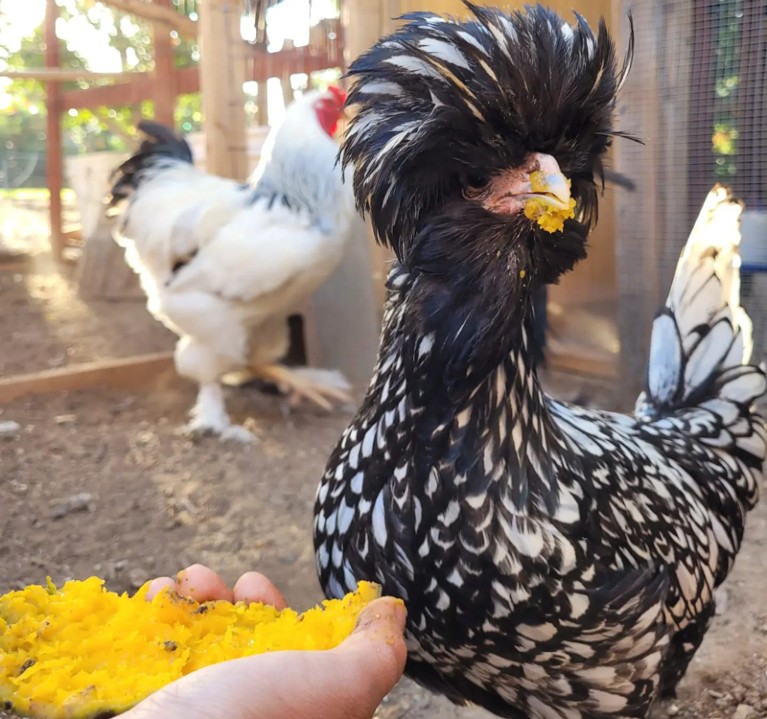
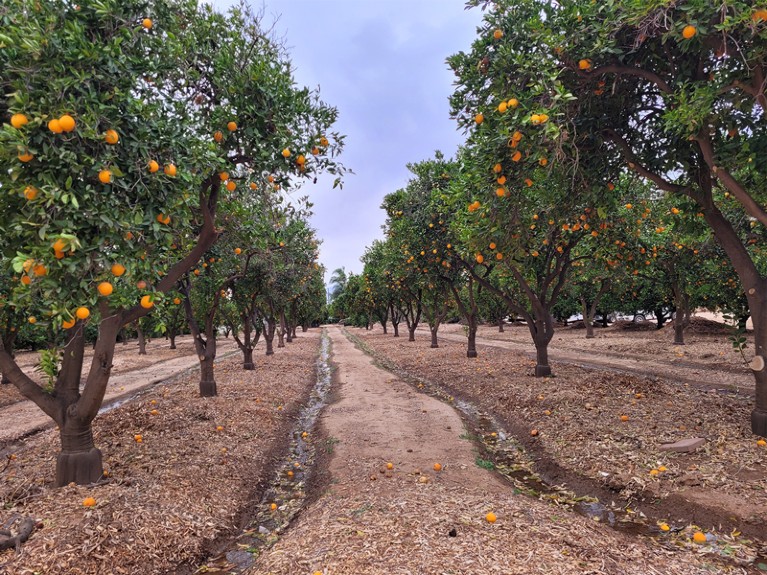
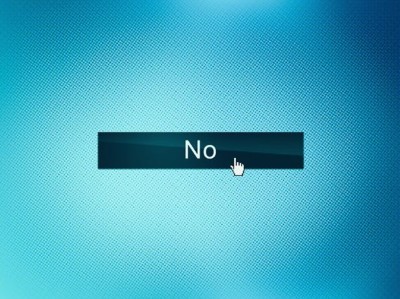
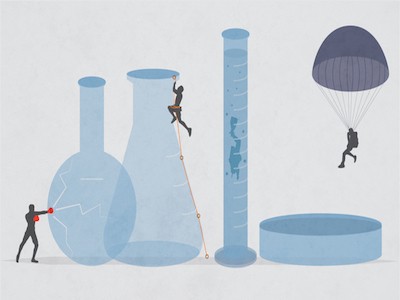
More News
Star Formation Shut Down by Multiphase Gas Outflow in a Galaxy at a Redshift of 2.45 – Nature
Garden-variety fungus is an expert at environmental clean-ups
Air-travel climate-change emissions detailed for nearly 200 nations